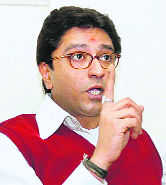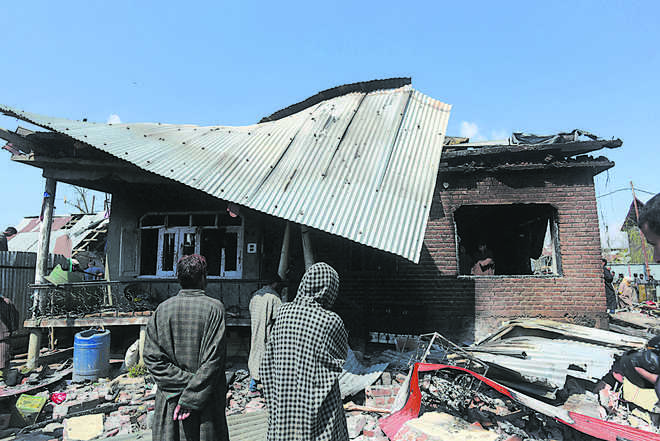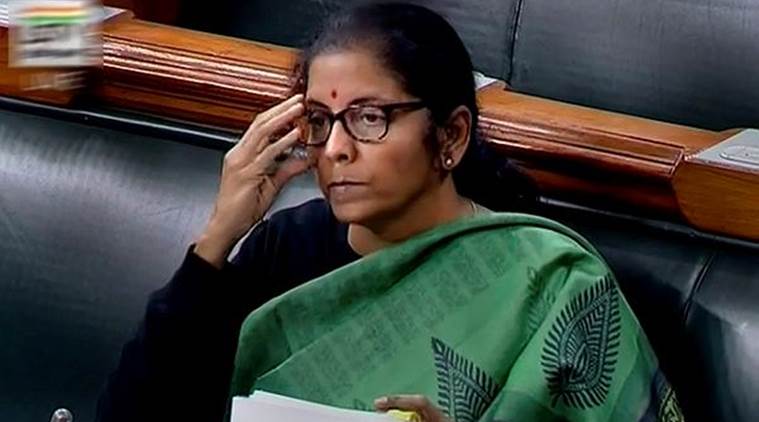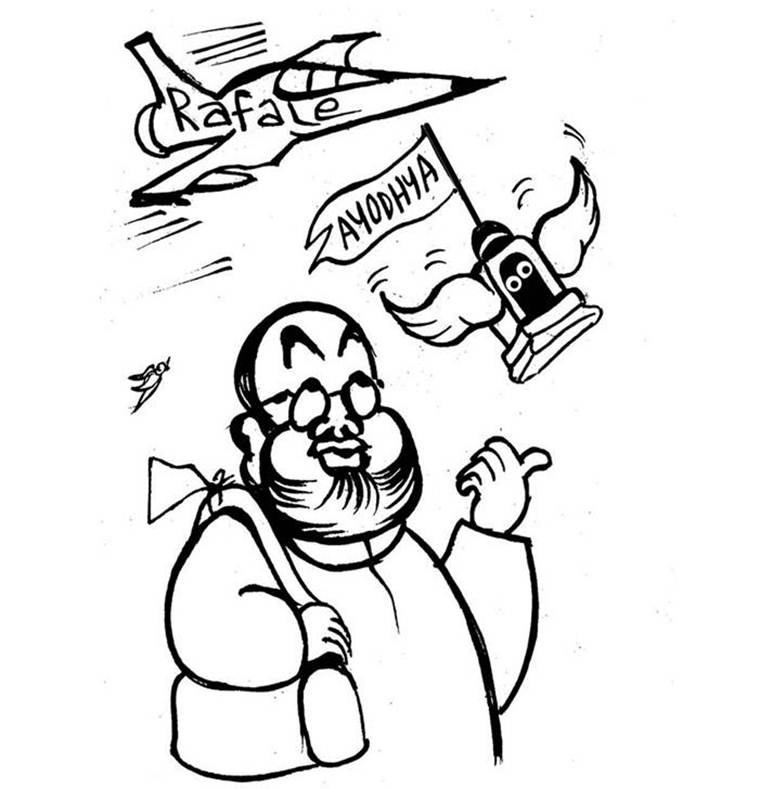On March 23, 1931, Bhagat Singh, along with his associates Sukhdev and Rajguru, was hanged to death for the assassination of British police officer John Saunders. Produced here is the letter written by Bhagat Singh and his comrades on May 8, 1930, to the tribunal, seeking to avail themselves of legal help in the Lahore Conspiracy case. The Punjab Archives, Lahore, has made it public
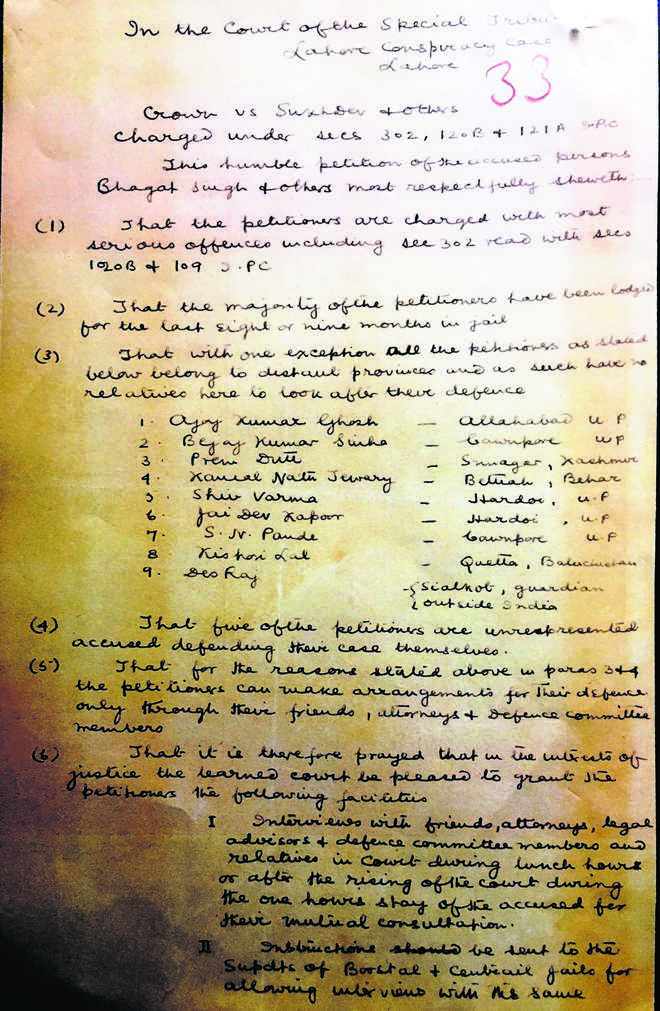
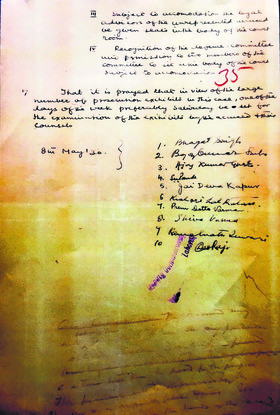
FROM PUNJAB ARCHIVES, LAHORE: Photographs of the letter written by Bhagat Singh and his comrades.
Chaman Lal
Former JNU Professor and Honorary advisor to Bhagat Singh Archives and Resource Centre, Delhi
A Special Tribunal of three High Court judges was notified by Chief Justice of Punjab High Court Chief Justice Shadi Lal, on May 1, 1930 for the trial of the Lahore Conspiracy case. This tribunal consisted of Justice Coldstream as President and Justice Agha Haider and Justice Hilton as members. While on May 5, five comrades of Bhagat Singh wrote to the tribunal about their decision to boycott the tribunal, 10 other comrades, including Bhagat Singh, wrote on May 8, 1930, their response to avail themselves of legal help for the case.
This letter had not been found earlier. But in March 2018, the Punjab Archives, Lahore, for the first time after 1931, put up an exhibition of a few exhibits from the over 100 files related to Bhagat Singh. Ammara Ahmad, a Lahore journalist, was kind enough to send the photographs of a few exhibits, including this letter.
The Punjab Archives, Lahore, has claimed that it has now made all records of Bhagat Singh public and probably digitalised them also. It would be good if the Punjab Government in Chandigarh approached the Punjab Government in Lahore to share all records relating to Bhagat Singh and the records are put on display in Khatkar Kalan (Nawanshahr-Shaheed Bhagat Singh Nagar State Museum on Bhagat Singh).
The following is the text of the letter:
In the court of the Special Tribunal
Lahore Conspiracy case, Lahore
Crown vs. Sukhdev & others
Charged under secs 302, 120-B+121-A, IPC
This humble petition of the accused persons Bhagat Singh & others most respectfully showeth:
(1) That the petitioners are charged with most serious offences including sec. 302 with 120B and 109 IPC
(2) That the majority of the petitioners have been lodged for the last eight or nine months in jail.
(3) That with one exception, all the petitioners as stated below belong to distant provinces and as such have no relative here to look after their defence.
1. Ajay Kumar Ghosh — Allahabad, U.P
2. Bejoy Kumar Sinha—Cawnpore, U.P
3. Prem Dutt — Srinagar, Kashmir
4. Kamal Nath Tewary—Betiah, Bihar
5. Shiv Verma —Hardoi, U.P
6. Jai Dev Kapoor — Hardoi, U.P
7. S.N. Pande — Cawnpore, U.P.
8. Kishori Lal — Quetta, Baluchistan
9. Des Raj — Sialkot, guardian outside India
(4) That five of the petitioners are unrepresented accused defending their case themselves.
(5) That for the reasons stated above in paras 3+4, the petitioners can make arrangement for their defence only through their friends, attorneys and members of defence committee.
(6) That it is therefore prayed that in the interest of justice, the learned court be pleased to grant the petitioners following facilities-
I. Interviews with friends, attorneys, legal advisors and members of defence committee members and relatives in court during lunch hours or after the rising of the court during the one hour stay… for mutual consultation
II. Instructions should be sent to the Supdts of Borstal and Central jails for allowing interviews with the same.
III. Subject to accommodation the legal advisors of the unrepresented accused be given seats in the body of the court room.
IV. Recognition of the defence committee and permission to two members of committee to sit in the body of the court subject to accommodation.
(7) That it is prayed that in view of the large number of prosecution exhibits of this case, one of the days of the week preferably Saturday be set for the examination of the exhibits by the accused and their counsels.
Hand written and signed by-
1. Bhagat Singh
2. Bejoy Kumar Sinha
3. Ajay Kumar Ghosh
4. SuPande
5. Jai Deva Kapor
6. Kishori Lal Ratan
7. Prem Datt Varma
8. Shiv Varma
9. Kamalnath Tewari
10. Des Raj
8th May 1930
(Official Stamp Lahore)












